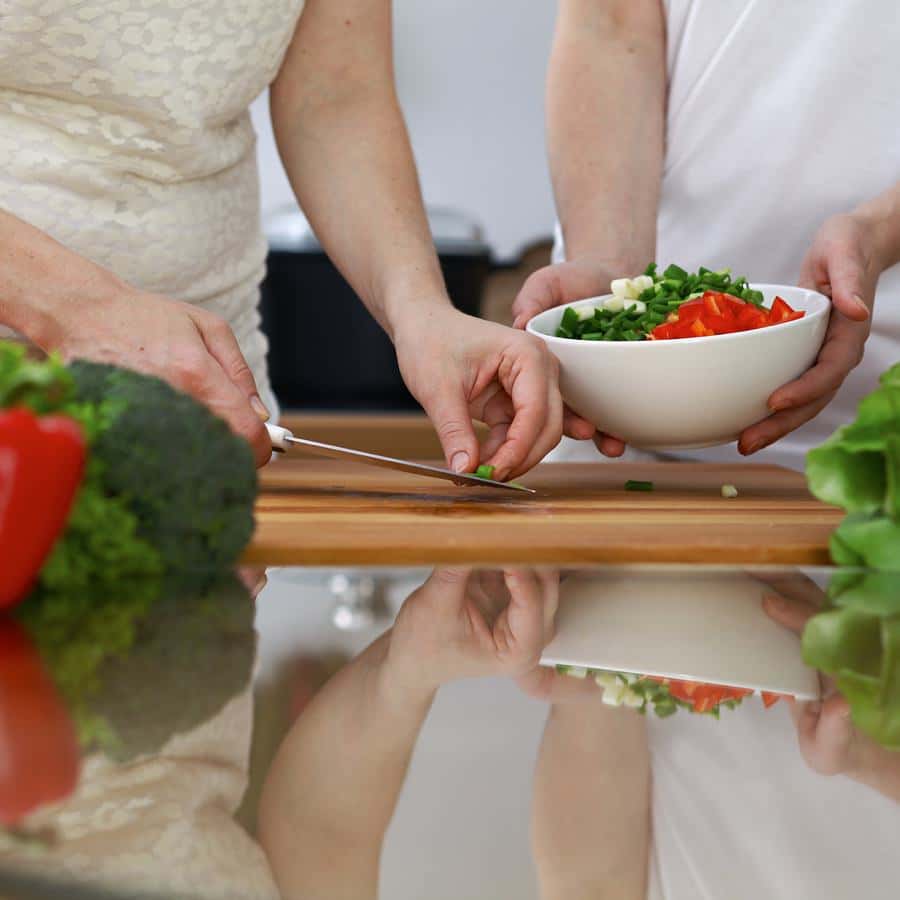
Americans are a nation of insomniacs. We stay up too late snacking and watching television or emailing friends and family. Burning the candle at both ends can lead to hypertension, obesity, automobile accidents, bad decisions at work, forgetfulness and depression. Sometimes it can be difficult to get the sleep you need, though. It is little wonder that sleeping pills are big business in the United States. But what if there were something you could eat to sleep more soundly?
How Could You Eat to Sleep Better?
What if we could improve our sleep by changing our diets? A new study published in the American Journal of Clinical Nutrition suggests that our predilection for sugar and refined carbohydrates could be contributing to our sleeping problems (American Journal of Clinical Nutrition, online, Dec. 11, 2019).
Researchers tracked more than 50,000 postmenopausal women participating in the Women’s Health Initiative Observational Study for three years. They collected information on what the women ate as well as on their sleep patterns. Women who ate more sugars, starches and refined grains reported more insomnia. On the other hand, those who ate more fruits and vegetables had less trouble sleeping. A menu like the Mediterranean diet, rich in vegetables, fruits and whole grains, seems to be what you should eat to sleep better.
The authors report that
“Higher intakes of dietary added sugars, starch, and nonwhole/refined grains were each associated with higher odds of incident insomnia.”
Will You Change What You Eat to Fight Insomnia?
If you would like some guidance on how to eat to sleep more easily, consider following the guidelines for a DASH diet or a Mediterranean diet. Both emphasize whole foods, with lots of produce, little refined carbohydrate and minimal sugar. We offer frameworks for both diets in our book, The People’s Pharmacy Quick & Handy Home Remedies. For more practical information on how to cook meals following such principles, you might consult Recipes & Remedies From The People’s Pharmacy.
Citations
- Gangwisch JE et al, "High glycemic index and glycemic load diets as risk factors for insomnia: analyses from the Women's Health Initiative." American Journal of Clinical Nutrition, online, Dec. 11, 2019. DOI: 10.1093/ajcn/nqz275

